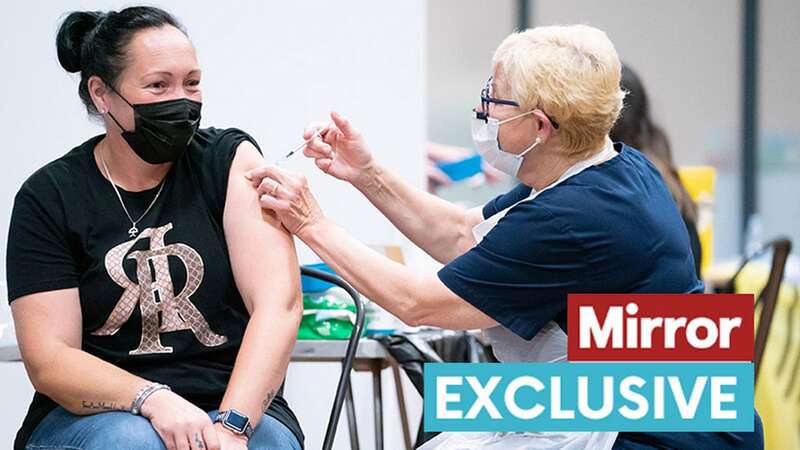
Lives were lost in the pandemic as millions of Covid jabs offered as a thank you to the British people were initially turned down, it has been warned.
The world's largest vaccine maker, Serum Institute of India (SII), agreed to send 10million doses at the very start of the rollout as a token of gratitude for the Oxford vaccine. But Government officials rejected them even though the vaccination programme was hampered by limited supplies.
The SII first offered the jabs in October 2020, ahead of Margaret Keenan, 90, becoming the first person in the country to get vaccinated in December 2020. The UK initially administered Pfizer jabs before becoming the first country in the world to start giving the Oxford AstraZeneca jabs at the beginning of January 2021.
Weeks passed before the UK eventually backtracked and accepted the SII’s offer, with the doses starting to arrive in the middle of March.
In a witness statement to the Covid Inquiry, Matt Hancock wrote: “It was disappointing that this proposal had not been proceeded with in October 2020… Had the proposal been accepted at that stage, we would have received 10million doses at a much earlier date, which would have propelled the vaccine rollout significantly which could, in turn, have saved more lives.”
 'Hope for bespoke cancer treatment hope after lab grows bone marrow cells'
'Hope for bespoke cancer treatment hope after lab grows bone marrow cells'
The former Health Secretary said the SII was “grateful” for the UK’s “exceptionally generous” decision to allow the Oxford AstraZeneca vaccine to be manufactured around the world at cost price.
He added: “In February 2021, this offer was brought to the Prime Minister's attention, and he asked why it had not been taken up. Upon investigation, it became clear that the members of the Vaccine Taskforce had in fact blocked the Department's proposal because they did not approve of purchasing vaccines from India, on the mistaken assumption that the UK was 'taking' vaccines from a lower income country that needed the vaccines.
“This was not accurate: the SII was a significant manufacturer of vaccines, producing 50 million doses per month which were shipped worldwide. In receiving 10 million vaccines from the SII, the UK was purchasing vaccines that had been intended for worldwide sale, not for deployment within India. In fact this was reflected in the contract with AstraZeneca, which explicitly required AstraZeneca to warrant that any supply from SII would not prevent SII satisfying the supply of vaccines to India and other low to middle income countries.”
Mr Hancock said the contract between Oxford University and AstraZeneca was “one of the most generous” ever written. “Unlike most of the other vaccine manufacturers, AstraZeneca did not charge for the intellectual property, and during the pandemic, allowed for the vaccine's manufacture at cost,” he added. “Personally, I was frustrated that we as a country did not make more of this generosity. Debates around this time about ‘donating’ small number of vaccine doses entirely missed the point that AstraZeneca was donating the ability of most of the world to manufacture the vaccine.
He continued: “Accepting a small number of doses, essentially in thanks for and recognition of this enormous generosity, was entirely reasonable. AstraZeneca should be showered with praise for their role in helping protect more people around the world than anyone else.”
Read more similar news:
Comments:
comments powered by Disqus

































